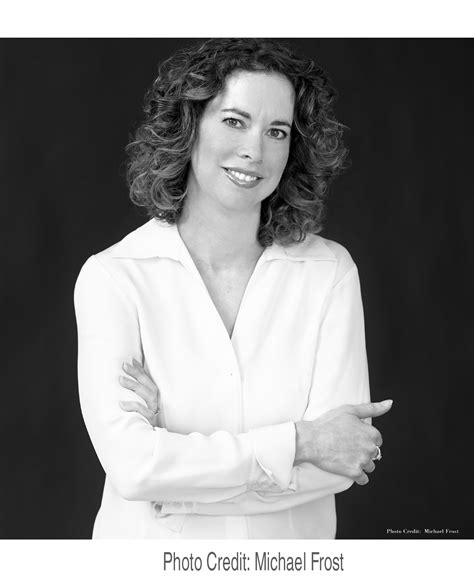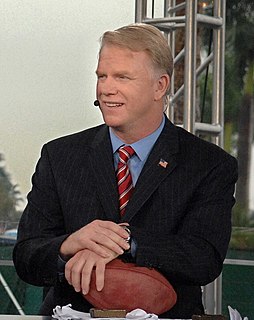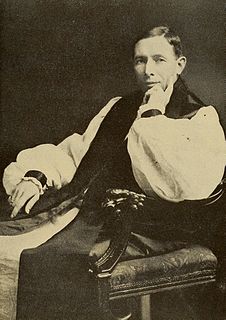A Quote by Johann Kaspar Lavater
The more uniform a man's voice, step, manner of conversation, handwriting--the more quiet, uniform, settled, his actions, his character.
Related Quotes
I never had a problem with genre because a genre actually is like a uniform - you put yourself into a certain uniform. But if you dress up in a police officer's uniform, it doesn't mean that you are an officer; it can mean something else. But this is the starting point, and the best way is to not to fit into this uniform but to make this uniform a part of yourself.
Prince William looks good in uniform and Man-at-Hackett black and white tie (he has grown up wearing it constantly); less certain in his suits, which sometimes look borderline archaic; and variable in casual. But completely comfortable in the Sloane uniform of non-designer jeans and chocolate-brown suede loafers. He'll look fine in Boden.
Iconic clothing has been secularized. . . . A guardsman in a dress uniform is ostensibly an icon of aggression; his coat is red as the blood he hopes to shed. Seen on a coat-hanger, with no man inside it, the uniform loses all its blustering significance and, to the innocent eye seduced by decorative colour and tactile braid, it is as abstract in symbolic information as a parasol to an Eskimo. It becomes simply magnificent.







































